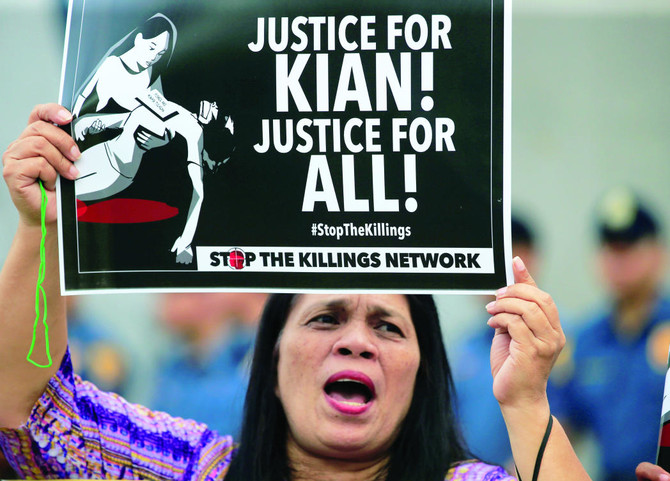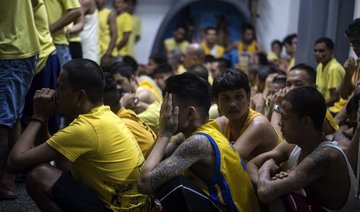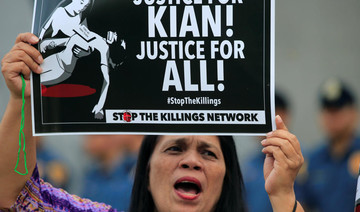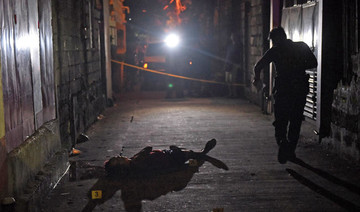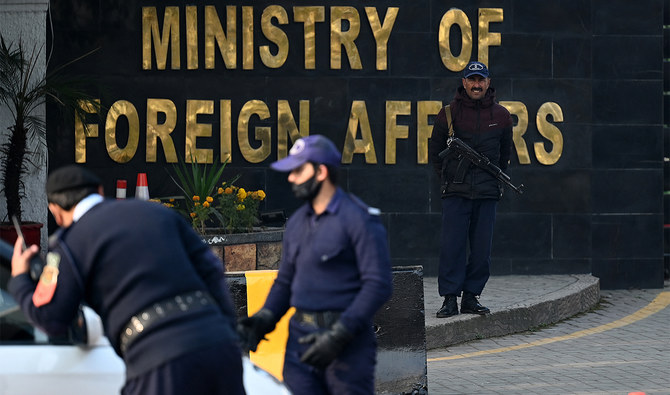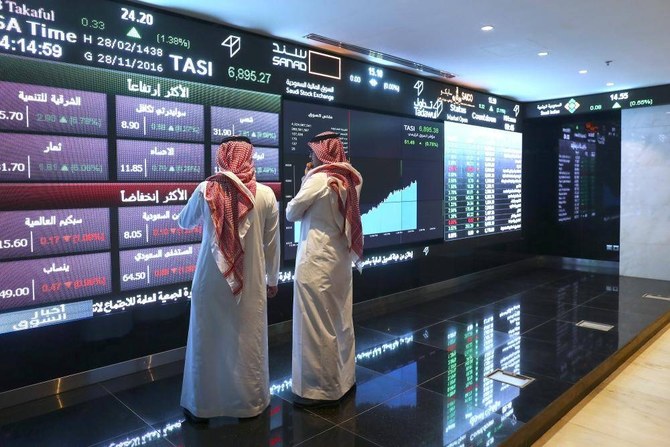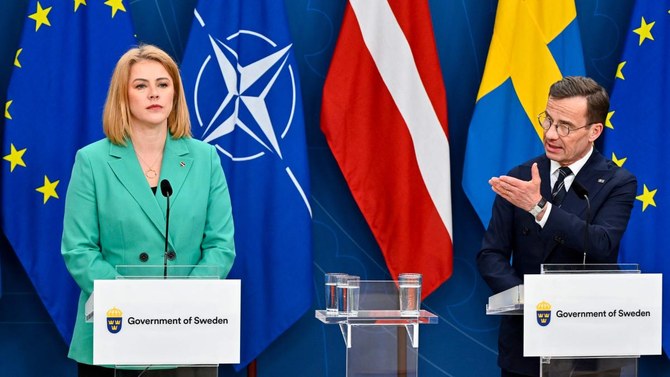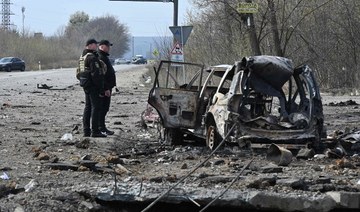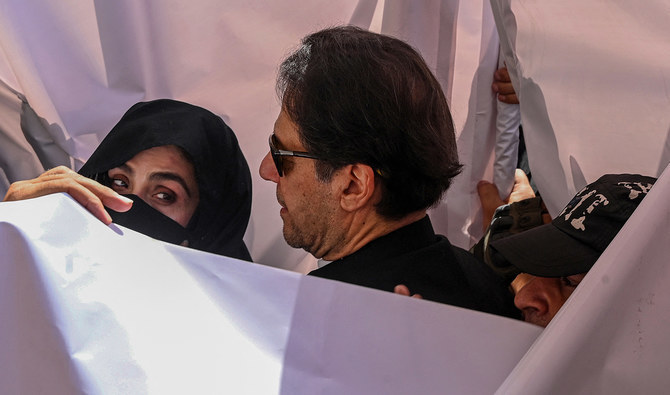MANILA: The Philippines’ most senior Catholic Church leader has denounced thousands of killings linked to President Rodrigo Duterte’s drug war and ordered the ringing of church bells each night to honor the dead.
Police said they killed more than 3,800 drug suspects in the first 13 months in office of Duterte, who has vowed to kill tens of thousands of criminals to rid the country of narcotics.
The crackdown has spawned wider violence and thousands of further killings, with near-nightly attacks taking place mostly in poor neighborhoods and often at the hands of vigilantes, rights groups say.
Many are shot dead by masked, motorcycle-riding gunmen, while others are abducted then killed, their bodies later dumped on unlit or deserted streets.
“We cannot allow the destruction of lives to become normal. We cannot govern the nation by killing,” Cardinal Jose Antonio Tagle, archbishop of Manila, said in a pastoral letter to his flock in the megacity of 13 million people.
Tagle said bells will also be rung for five minutes each night in early evening starting on Thursday, which the archdiocese said was a Catholic custom to honor the dead dating back to 11th-century religious wars.
Manila parish priests and lay leaders would also “extend empathy and spiritual support” to the families of those killed, the cardinal said.
“If there are cases of killings in your parish community, I ask our pastors and lay leaders to take time to go to the wake in order to bless the departed and to be one with the grieving families in sorrow and in hope,” Tagle said.
Duterte’s drug war remains hugely popular among a citizenry fed up with high crime, according to many surveys.
But a series of killings in the past month of three teenage boys, two at the hands of the police, has sparked public outrage.
The church, which claims eight in 10 Filipinos as its members, has been among the few institutions to directly challenge Duterte’s drug war, and has been documenting the killings.
Duterte has said he would be “happy to slaughter” 3 million Filipino drug addicts, even as critics warn the deaths of thousands of people killed in the crackdown may amount to a crime against humanity.
Duterte has denied ever inciting police or vigilantes to commit mass murder.
In a separate development, President Duterte ruled out a resumption of stalled peace talks with communist rebels if they do not stop guerrilla attacks, two days after lawmakers ousted the last leftist from his Cabinet.
Cease-fire call
An angry Duterte in May ordered the scrapping of formal peace talks with the Communist Party of the Philippines (CPP) after the military said fighters from the CPP’s military wing, the New People’s Army, stepped up offensives in the countryside.
“There will be no talks until you declare a cease-fire, period,” he said in a speech in his home city of Davao. “And if you say you want another war, be my guest.”
Duterte gave two Cabinet positions to left-wing activists recommended by the CPP when he assumed power last year to show his commitment to ending nearly five decades of conflict, in which more than 40,000 people have been killed.
The legislature’s Commission on Appointments on Wednesday rejected the appointment of leftist Rafael Mariano as agrarian reform minister.
Mariano’s exit came less than a month after the same panel ousted Judy Taguiwalo, another leftist, as social welfare minister, in what some commentators say is a move by Duterte’s allies to punish the CPP.
But Duterte’s office in both cases expressed disappointment the ministers had not been approved. In the Philippines, all ministers must be approved by the house panel, but the process can take more than a year.


